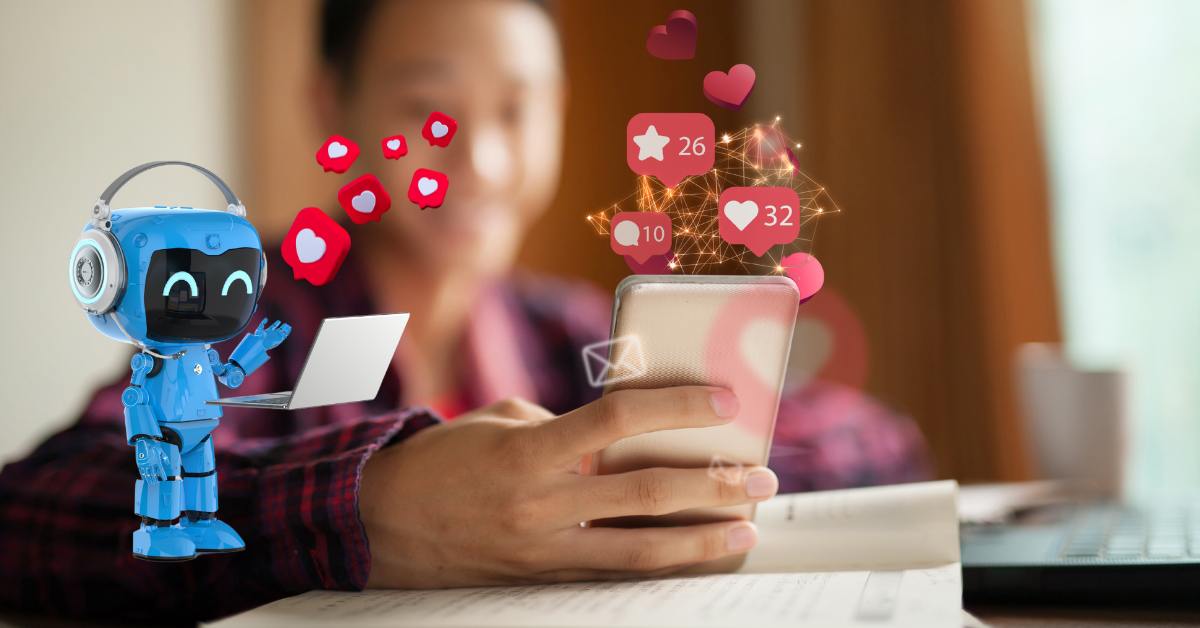Online dating has come a really long way since the days of the old desktop-only chatrooms and personality quizzes that matched you based on your random answers. In the last 10 years, swiping became the norm, dating bios got shorter, and dating apps turned into digital playgrounds for everything from hookups to long-term love.
And now it’s changing again. AI isn’t only being used to write your history essay for you or to ask it things like, “Explain quantum physics to me like I’m 4 years old.” It’s playing a bigger part in online dating as well! It’s kinda your unofficial dating sidekick. If you realize it or not, artificial intelligence has been integrated into almost all dating platforms, and it’s doing everything from curating matches to coaching you through the dreaded small talk.
How is AI totally changing online dating? That’s what we’re here to tell you! From better matchmaking to chatbots that will slide into someone else’s DMs for you, here’s what’s going on under the digital hood of your fav dating apps.
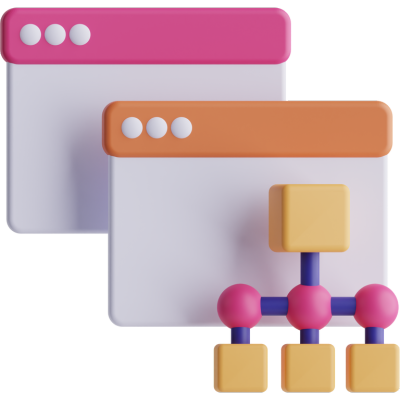
Smarter Matchmaking Algorithms
Back in the day, dating apps just matched people based on a few basic checkboxes, like their age, gender, zip code, and possibly religion or politics if they were trying to narrow it down for daters. But AI matchmaking? It goes so much deeper than surface-level logistics.
Modern apps are using machine learning to track how you interact, who you swipe on, who you message, the kind of dating bios you pause on, and the time of day or night that you’re most active. All of that data gets fed into algorithms that try to predict who you’ll click with, not just who checks a few of your boxes. It’s less “You like to eat? Wow, me too!” and more “People who have the same texting style and sense of humor will vibe better with this group.”
Natural language processing (NLP) also comes into play here. There are platforms that analyze the language in your bio or messages to get a better sense of your personality. Sarcastic banter? Sweet and sincere? They’ll look for the matches that complement that energy.
And although AI isn’t psychic, it is getting better at filtering out the people who probably aren’t your type, and that saves you the time and energy of swiping into oblivion. The most beneficial thing about AI is in its relevance—your matches feel more curated, way less random, and hopefully, on the same level as how you connect!
AI-Powered Chatbots and Virtual Dating Assistants
There are some dating apps that now come complete with built-in support that not only helps you find matches, but also helps you talk to them, too! Chatbots are being used to kick off conversations, suggest replies, and give users a little nudge to keep the momentum going so things don’t fizzle out after the initial “How are you?”
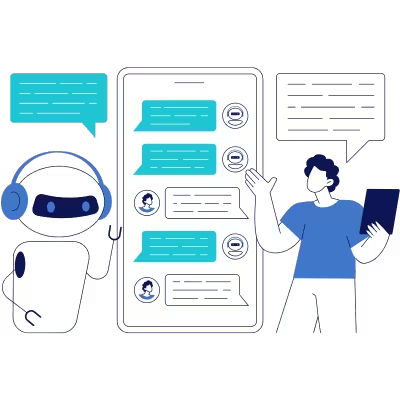
Chatbots As Icebreakers
Apps like Replika are built entirely around AI conversations, but even the more traditional dating platforms are starting to sneak in chatbot features. There are dating apps that offer AI-generated openers when you match—questions like “What’s your idea of a perfect weekend?” or “Would you rather go hiking or hit up a food truck festival?” It takes some of the pressure off when you’re trying to come up with something witty to say.
Others are using chatbots in a more subtle manner, like offering suggestions during a conversation. If things are stalling out, you could get a prompt like “Want to ask about their travel plans?” It’s enough to steer the chat without making it obvious that you’re getting some backup.
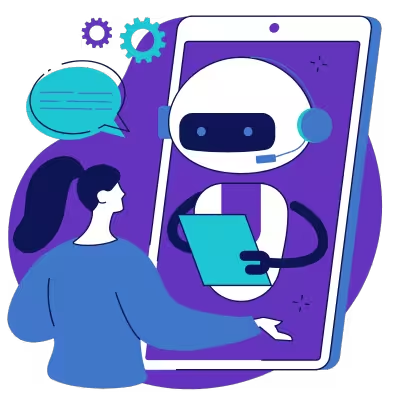
Virtual Dating Coaches
Want a virtual dating coach? You can have one! There are platforms that have full-on virtual dating assistants. The tools scan your profile, recommend better photos, and give tips on how to sound more like yourself instead of someone who just copied a bio template from the internet or another user.
They’ll flag the bios that are too vague, suggest some edits that highlight your personality, and coach you on how to respond based on someone else’s profile. Some of the newer tools also recommend restaurants or date ideas that match your common interests, and that honestly sounds better than another generic “Wanna grab a drink?”
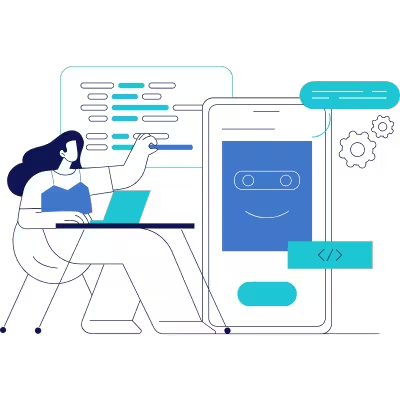
The Pros and Cons
There are a lot of pros that can be argued on behalf of AI, and the same goes for cons.
One upside? It gives users a head start, particularly for those people who overthink every message or go black when they’re trying to write something clever. The tools are quick, lower the pressure, and they can be spot-on.
The downside? There’s a really fine line between getting a little guidance and sounding like a robot wrote your entire dating history. Overusing AI replies can make chats feel scripted or flat, and that kind of defeats the point of trying to connect in the first place.
Done right, though, the tools won’t replace your personality—all they do is help you show it off sooner.
Enhanced User Safety and Moderation
Dating apps are finally catching up to the fact that people want more than just matches—they want to feel safe when they are using a platform. AI helps here by spotting red flags so that users don’t have to waste time dodging fake profiles or dealing with inappropriate, offensive, or downright creepy messages.
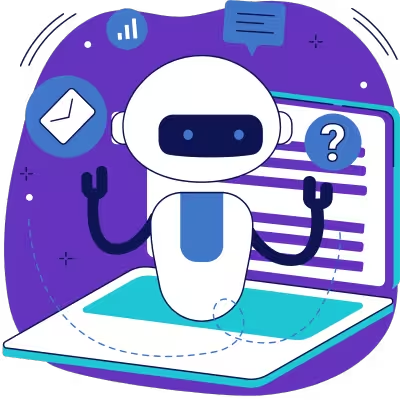
AI Detects Fake Profiles, Bots, and Scams
Most fake dating profiles are easy to spot. There’s no bio, way too-good-to-be-true photos, and weird energy in the first message. But others are harder to suss out. AI tools scan for behavior that fits scam patterns, like sending identical messages to tons of users, logging in from different countries in the same day, or using language that feels like it’s off.
The tech flags those accounts quickly, so moderators can step in faster or block them automatically. It’s doing a lot to help clean up the experience for real users who are there for the right reasons—to connect.
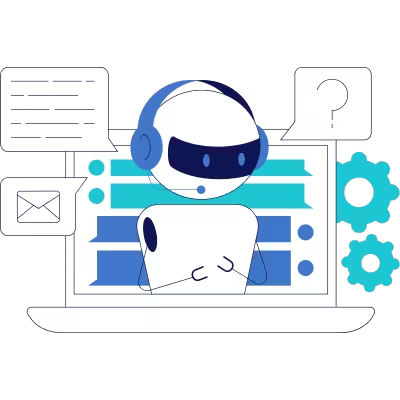
Image Recognition for Explicit Content and Moderation
Photos get scanned, too! If someone tries to upload something that’s stolen, fake, or inappropriate, AI usually blocks it before it shows up on the app. The goal here isn’t to police harmless selfies. No, it’s to stop anything that crosses a line before it lands in your inbox.
That makes it so much easier to scroll through matches without worrying about what’s going to pop up next.
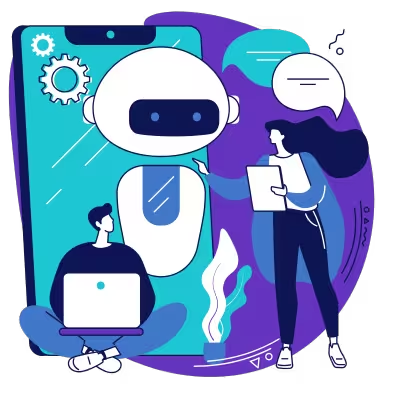
Behavior Tracking to Flag Harassment or Inappropriate Conduct
Aside from dating bios and photos, AI watches out for messaging patterns that cross into aggressive, pushy, or just plain gross territory. If someone’s being reported by multiple users or blowing up every match with the same creepy messages, their account will be flagged for review or shut down altogether.
It’s not by any means a perfect system, but it does mean there is a lot less junk to deal with and a better chance of connecting with people who are there for the right reasons.
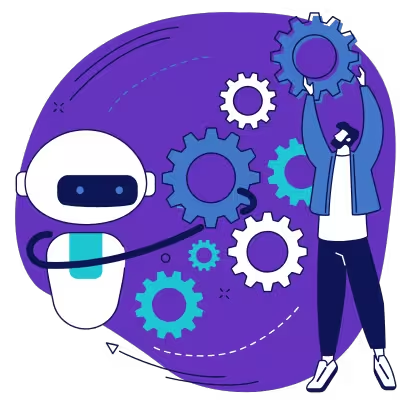
Impact On Trust and User Confidence
When users feel like a dating app is actually paying attention, they have a better experience. You’re not constantly second-guessing every match or wondering if the person messaging you is real or a catfish. If you still don’t trust AI, try a platform like Social Catfish to start. That kind of assurance makes dating less draining and worth your time.
Personalized User Experiences
Dating apps have stopped treating every user like they’re the same person. How? The more time you spend swiping, liking, or chatting, the more the app learns what works for you and what doesn’t. AI tracks all of those patterns and uses them to fine-tune what you see, who gets recommended, and how your overall experience feels.
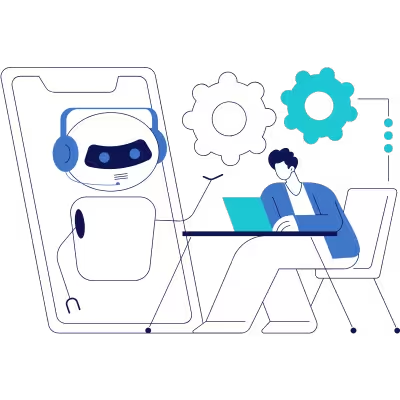
Dynamic Profile Suggestions Based on User Engagement Patterns
If you’re constantly stopping on people who have dry senses of humor or clicking into profiles that have travel pics, AI picks up on that. It notices who you interact with, what types of bios you skip, and how your convos usually go. Then it changes your feed to prioritize the profiles that better match your dating habits, not just what you’ve stated in your preferences.
Instead of getting inundated with matches that look good on paper but go nowhere in the chat, you’re more likely to see people that you’d actually talk to.
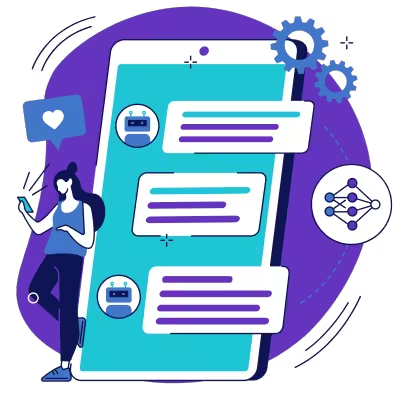
AI-driven Prompts & Questions for Better Profile Insights
Apps are also using AI to throw out new prompts that aren’t super generic. Rather than answering the same three questions as everyone else does, you’ll see ones that are tailored to you so that you can give others a better sense of who you are and your personality!
The goal is to help people move past all of the one-liners and give matches something real to work with so that you can give them something to respond to.
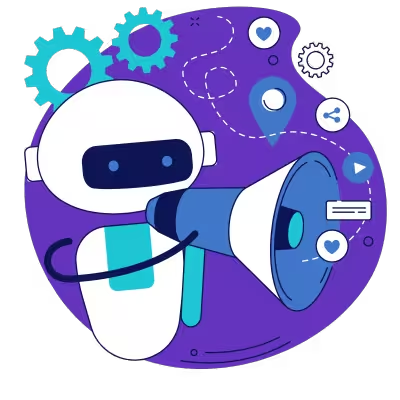
Custom Recs for Matches, Bios, Date Ideas
It doesn’t stop at who you match with. A lot of dating apps now recommend that you make changes to your bio or photos based on what’s getting the most attention. Others go further and suggest a few date ideas that are based on shared interests, like recommending a local pop-up event or a food spot that lines up with both of your past likes.
All of this makes the experience feel more tailored. Rather than swiping and hoping, you’re getting pushed toward connections and conversations that won’t dry up after four messages.
Predictive Compatibility Scores
Every dating app used to rely on the same basics, like common hobbies, mutual friends, and a few filters. But AI is taking a totally different route. It watches how you interact, what your messaging habits look like, and how your conversations go down. The idea is to go past superficial compatibility and get closer to matching people based on real connection potential.
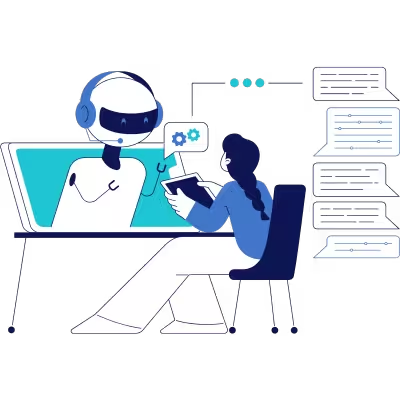
How AI Predicts Long-term Compatibility
AI tracks how users actually behave on the app, and not just who they swipe on. It also tracks how they message, how often they follow up, and the general tone they bring to a conversation, and all of this reveals which types of interactions could possibly go the distance.
If you usually connect with people who send thoughtful replies or keep things light and playful, the system learns from that. Then it starts flagging profiles with similar styles, which gives you suggestions that match how you usually communicate, not only who likes the same things that you do.
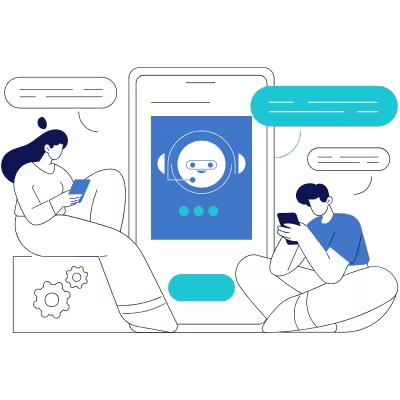
Dating Apps That Use AI Compatibility
eHarmony is one of the dating apps that’s been building around this for a while. Their system tracks conversation flow and interaction patterns to match users who tend to build solid connections, not just fast ones. It doesn’t only look at initial interest but also follows how things play out after the match.
Other apps are testing this too, weighing message content, pacing, and user behavior to pair people who are more likely to click in a long-term way, not just in the first minutes of chatting.
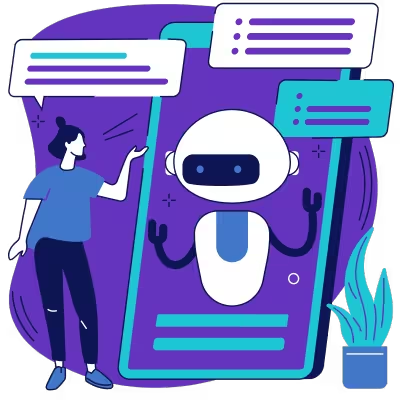
The Future of Dating With Predictive Analytics
What’s next? AI might start analyzing things like video calls, voice tone, or emotional consistency during chats to match users who will naturally communicate well together. There are platforms that are exploring how to combine dating behavior with social habits to offer up more refined match suggestions.
All of this points toward a dating experience that feels like it’s relevant and less like you’re crossing your fingers with every new match that you get.
Ethical Considerations and Limitations
There’s no debate that AI is making dating apps smarter, but it also raises important questions and concerns, and they’re big ones. Who’s behind the algorithm? What kind of data is being tracked? And how much tech is too much tech when it comes to something as personal as dating?
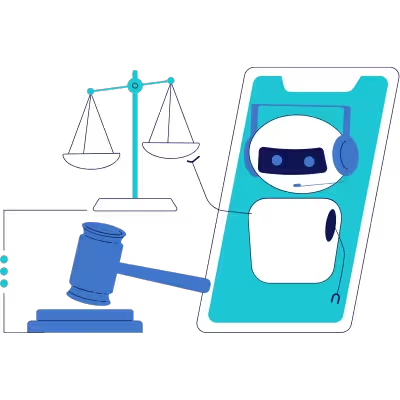
Transparency and Avoiding Algorithmic Bias
Not all algorithms are neutral! If the data being used has bias built in and is based on race, gender, sexuality, or geography, then the matches won’t be fair either. That’s already been seen in other areas of tech, and dating is not an outlier.
Platforms have to be upfront about how their systems work, what kind of data they’re collecting, and how it’s being used to match people. The more transparent they are, the easier it is for users to trust what’s happening behind an app’s interface.
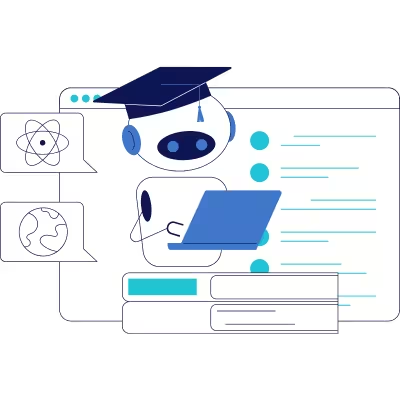
Over-reliance on AI
There’s a thin line between smart suggestions and automation overload. If too much of the process is handled by AI, like conversation starters, match filtering, and date ideas, then it’s the robots that are doing all of the work.
Dating isn’t supposed to be perfect or efficient! That’s the beauty of it—some of the best connections come from awkward moments, bad jokes, or unexpected chemistry. Overusing AI runs the risk of stripping that away and turning dating into a decision tree instead of a personal and fun experience.
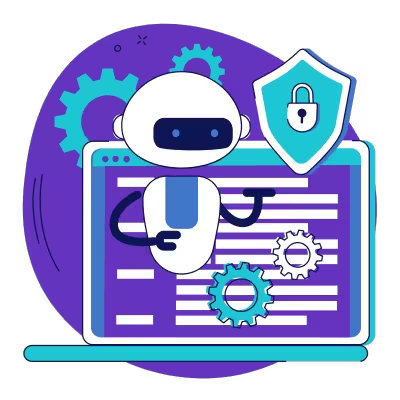
Privacy Implications of Data Collection
Any time an app tracks user behavior, stores conversations, or scans voice and video, privacy concerns come with it. Who has access to that info? How long is it kept? And what happens if it gets shared, or worse, it gets leaked with a breach?
Users deserve to know exactly what’s being tracked and how it’s being stored. More importantly, they should have control over it. Transparency isn’t only for user trust. It also protects the people who are putting themselves out there.
What the Future Holds
AI isn’t done changing the dating world; it’s the opposite. It’s just getting warmed up. What started out as smarter swiping and better prompts is starting to branch into more advanced features. The next wave? More immersive tools, more predictive matching, and platforms that are more responsive to how people date.
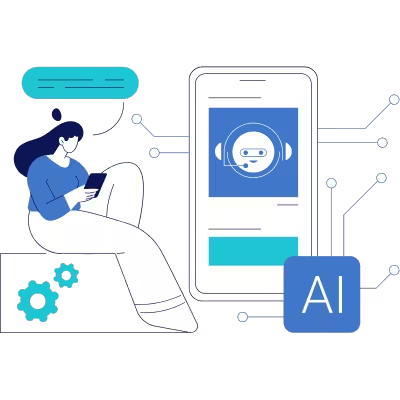
AI Avatars/ Holograms for Virtual Dates
This one’s already being tested in some corners of the internet. Rather than getting on a video call, users could eventually interact using digital avatars that mimic expressions and gestures. That sounds out there, but it opens up a way to “meet” someone in a low-pressure, fun setting before you have a real conversation.
It’s still early days, but you can expect to see more experimentation around virtual presence, which is great for long-distance dating and for people who like a slower pace before they are able to get comfortable with a romantic interest.
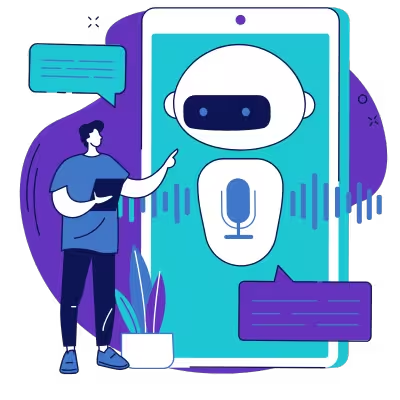
Voice and Video Analysis to Assess Emotional Tone or Chemistry
Platforms are working on tech that can analyze tone of voice, pacing, and facial expressions during voice and video calls. The idea is to help figure out how well two people are connecting, not just based on what’s being said, but how it’s being said.
It could also give users feedback after calls, like “You both kept the convo going at a nice pace” or “You laughed at the same moments.” Helpful for some, a little much for others, but it’s happening.
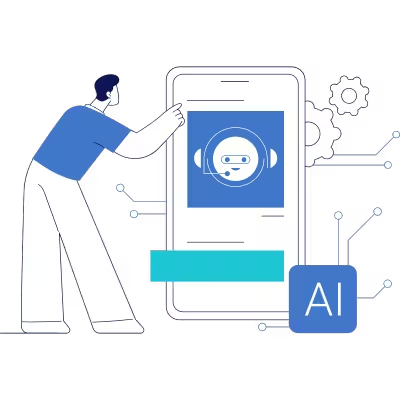
Integrated Digital Dating
One app isn’t always enough for some daters! Developers are exploring ways to match users across different platforms by syncing up their behavior, interests, and communication patterns. That could mean broader compatibility checks and more consistent match quality, no matter what dating app someone’s using.
You can think of it as dating apps that talk to each other to give you better matches, not just more matches.
Conclusion
AI has already made big changes to the way dating apps work, and it’s not about to slow down. It might know your type, track your patterns, and suggest your next match, but it’s not gonna date for you. That part’s all on you!

Here’s a quick refresher of what it’s doing right now on dating apps:
- Improving match accuracy with smarter algorithms
- Has tools like chatbots and virtual coaches to ease into communication
- Screening out scams and fake profiles much more efficiently
- Tailoring user experiences to reflect their behavior
- Predicting compatibility based on how people interact and not just what they type
- Raises some really important questions around privacy, transparency, and balance
Use what works, ignore what doesn’t, and don’t let an algorithm decide who’s worth your time. If it helps you skip small talk and get to something real? Great! If it starts turning your dating life into a spreadsheet, shut it down and do it your own way.
Use the tools, listen to your instincts, and don’t ever forget that it’s still your love life, not a robot’s.

